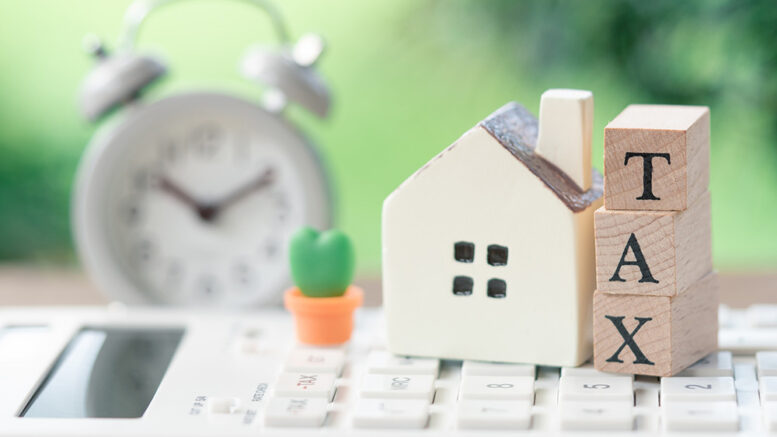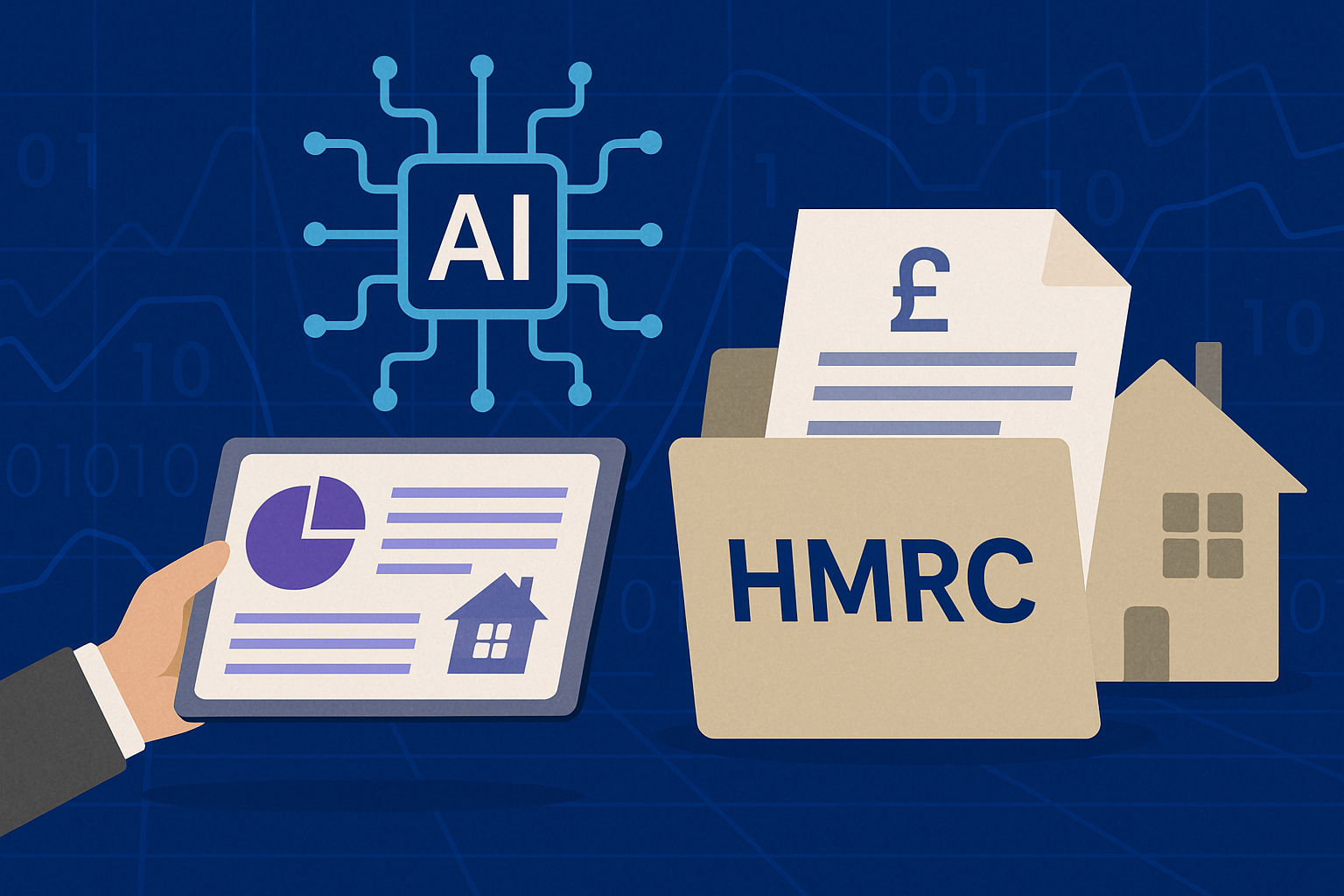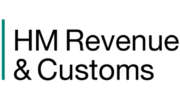Landlords earning over £50,000 a year from rental income are being urged to prepare for sweeping tax changes set to come into force from April 2026, as HMRC rolls out its long-planned Making Tax Digital (MTD) initiative. The new rules will transform how income tax is reported and paid, affecting thousands of property investors across England and Wales.
With less than a year to go, HMRC is encouraging early adoption of its MTD for Income Tax Self Assessment (ITSA) scheme, which will eventually apply to landlords earning as little as £20,000 by 2028.
Quarterly updates and digital records to become standard
From 6 April 2026, landlords with income exceeding £50,000 will need to submit digital updates every quarter via MTD-compatible software instead of filing a single annual tax return. This marks a major shift from traditional reporting and will require digital record-keeping throughout the year.
Craig Ogilvie, HMRC’s Director of Making Tax Digital, described the initiative as “the most significant change to the Self Assessment regime since its introduction in 1997.” He said: “It will make it easier for self-employed people and landlords to stay on top of their tax affairs and help ensure they pay the right amount of tax.”
He added: “By signing up to our testing programme now, self-employed people and landlords will be able to familiarise themselves with the new process and access dedicated support from our MTD Customer Support Team, before it becomes compulsory next year.”
The government insists MTD will reduce errors and promote better financial management. “Quarterly updates will spread the workload more evenly throughout the year,” HMRC said in a statement, noting that this will help landlords “avoid the last-minute rush and reduce mistakes.”
MTD brings benefits, but landlords must act early
The NRLA has acknowledged the shift is significant and is advising landlords to prepare well in advance. Although digital tools may seem daunting to some, especially those managing small portfolios or who are used to paper records, early preparation could reduce disruption.
James Murray, Exchequer Secretary to the Treasury, was bullish about the government’s intent: “MTD for Income Tax is an essential part of our plan to transform the UK’s tax system into one that supports economic growth.”
He continued, “By modernising how people manage their tax, we’re helping businesses work more efficiently and productively while ensuring everyone pays their fair share.”
Importantly, the MTD requirement will extend to landlords with incomes over £30,000 from April 2027, and those earning above £20,000 from April 2028. These thresholds are based on gross income, not profit, meaning many part-time or ‘accidental’ landlords may be included.
Testing programme now open for early adopters
To ease the transition, HMRC is offering a voluntary testing programme through GOV.UK where landlords can sign up, trial the software, and access support from a dedicated MTD team. Landlords who join early will not only benefit from hands-on assistance but will also have more time to familiarise themselves with the new system.
While critics have pointed to the burden on small landlords-especially those already managing increased regulation, mortgage pressures and upcoming reforms such as the Renters’ Rights Bill-others see the potential for streamlined administration and improved visibility of tax liabilities.
Landlord James Holloway from Kent, who took part in the pilot scheme, said: “It was intimidating at first, but actually being able to track income and expenses in real time has helped me manage cash flow better. I’m glad I signed up early.”
Digital transformation on the horizon-are you ready?
The message from HMRC is clear: digital tax reporting is no longer a distant ambition. For landlords who want to stay compliant and in control, the time to act is now. MTD isn’t just about ticking boxes-it’s about embracing tools that can help landlords run their businesses more effectively.
As the 2026 deadline draws nearer, the question for landlords is whether they’ll be ready to adapt or risk falling behind. With HMRC offering dedicated support and testing access ahead of the rollout, there’s little excuse to delay.
For landlords juggling rental reform, compliance duties and now digital tax rules, the key will be preparation-not procrastination.








